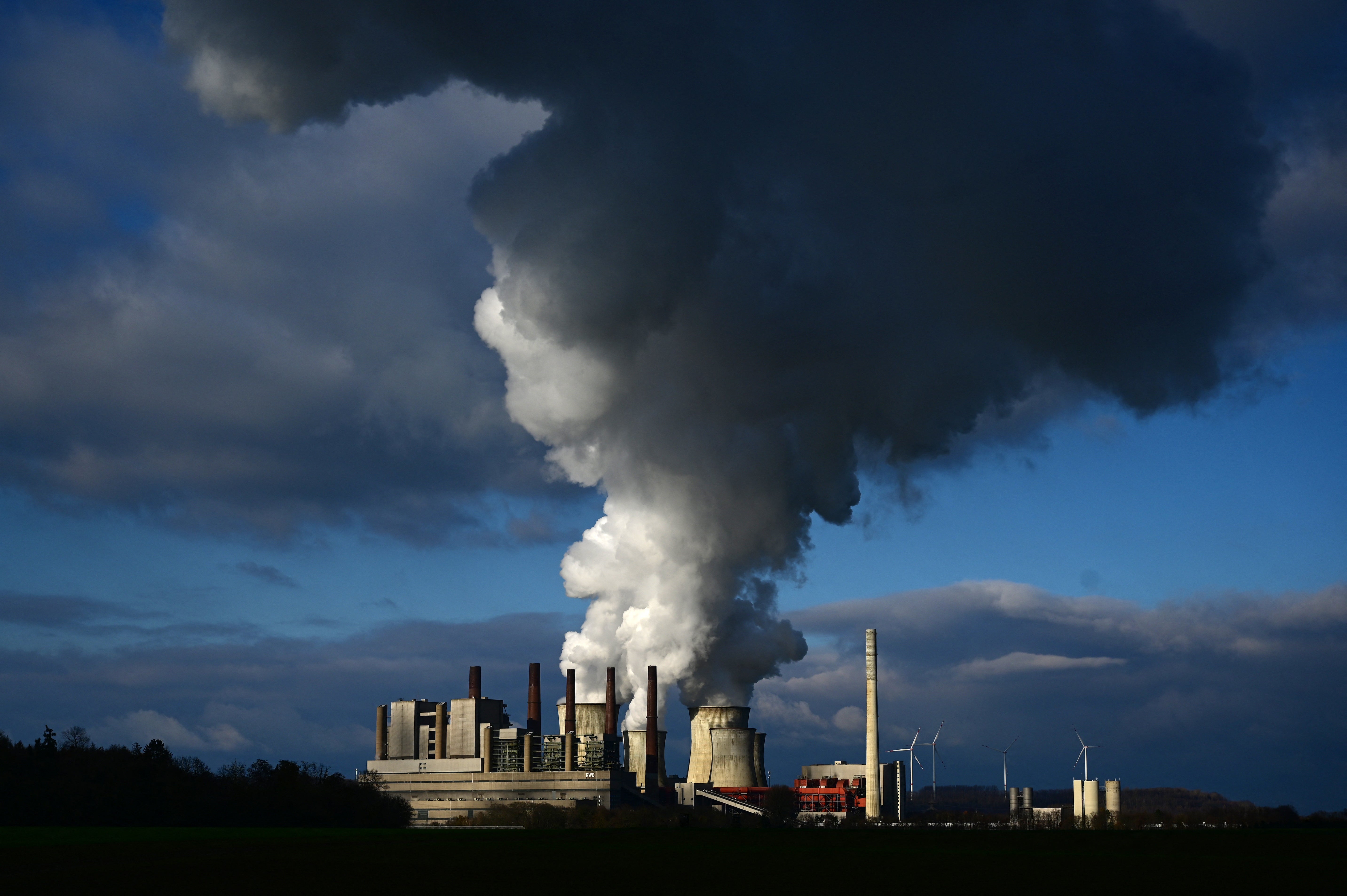Moving away from fossil fuels is a step in the right direction
Editorial: Cop28 was destined to be another failure on a global scale – and yet it has ended with a historic deal that, for the first time, calls for an end to fossil fuels. We must now embrace potentially revolutionary new technologies to reach that unexpected, but vital, ambition

Until the last few hours of “extra time” at Cop28, the assembled leaders, diplomats, campaigners, business people and academics in Dubai feared the very worst.
At a time when the world has lost some momentum in the fight against climate change, as wars and economic hardship became more pressing priorities, the presidency of the United Arab Emirates – apparently, an unpromising host for the proceedings as a petrostate – seemed doomed to fail. The first draft of the final declaration made no mention of fossil fuels, let alone any commitment to phasing them out. This, so it was rumoured, was because of resistance from Saudi Arabia, and from developing nations dependent on oil and gas for their industrialisation.
With such dynamics, a repeat of the debacle at the Copenhagen Cop in 2009 – dropped targets and relaxed deadlines in the face of the then global financial crisis – seemed likely.
Then, with unusual speed, Cop28 president Sultan al-Jaber presented a fresh text that commanded support across almost 200 nation-states represented. Not only that, but for the first time since the first Earth Summit in Rio de Janeiro in 1992, there is a specific commitment to transitioning from hydrocarbons to sustainable, green energy.
All – including such critical partners as America, the Gulf states, China, Europe, India and even Russia – promised to “transition away” from fossil fuels “in this critical decade”: no wonder that Mr Jaber hailed his breakthrough deal as “historic”. For once, the hyperbole was justified. Whether that sense of urgency was fostered by skilled UAE diplomacy, or the imminent arrival of delegates to the hotels for another major conference in Dubai, is a mere detail. Disaster, at least at the conference, was averted.
The same cannot quite be said about the still-unfolding disaster of climate change. It is true that, despite recent disappointments, “1.5 is still alive”, to borrow the geeky slogan. To prevent the Earth from sliding into a process of chaotic, irreversible, self-propelling exponential climate change, the rise in the broad global temperature has to be kept to 1.5C, compared to pre-industrial levels. Already the world is close to that benchmark, and many experts feel pessimistic enough to conceive of it passing 2C.
Hence, the need for action to deliver what was envisaged at the Paris climate change summit in 2015, for which the Cop28 was a “stock-take” – an audit of actions taken, targets met and those as yet unfulfilled. As time goes on, and the pollution still belches out of the world’s power stations, cars, planes, livestock and industrial plants, what has become apparent from the last few Cop meetings is that the challenges are now in two dimensions. The first – reducing greenhouse gas emissions and protecting biodiversity – are longstanding, and familiar. Moving on that agenda will demand resources, and cost companies, governments and families dear, albeit with the benefits of preserving life on Earth and securing supplies of clean, free energy.
The second challenge is less well-understood, and all the more disturbing for it – helping poorer nations mitigate the effects of climate change that are already upon them; and to adapt to changes that are now inevitable, given past failures to reduce CO2 and other emissions.
Here, there was some palpable failure at Cop28. Island and other low-lying nations, critically endangered by melting glaciers and rising sea levels, have complained loudly about the “litany of loopholes” in the Cop28 accords. Put bluntly, they are not going to get the money they need to keep their populations safe, or even viable in their current habitats.
The “UAE consensus” turned out to be impressively wide, in many respects – but it is not complete. The rich world is still not doing enough, either to cut emissions or to honour the “debt” to poorer nations today run up by its own drive to rapid industrialisation from the mid-18th to the late-20th centuries. It is perfectly fair to say that the poor inhabitants of Bangladesh, Samoa and Vanuatu are paying the price for the factories and mills that made Lancashire, the Ruhr and Detroit so prosperous in the past.
At the end of the Cop28 process, and with an agreement that exceeded expectations, it is right to err towards optimism. Humankind has at its disposal, potentially, revolutionary new technologies that could be a game-changer in the fight against climate change. Great powers, such as the United States and China, are visibly cleaning up their act, and investing in green infrastructure, however imperfectly. The political structures of the UN and the Cop process can bring leaders together and force the pace. Public opinion is onside.
During the two decades in which The Independent has been campaigning to save the planet, the intellectual debate has been transformed, and the once-vocal climate deniers have been vanquished. Progress has been made. There’s more to do, and there are always fresh problems.
Donald Trump is one dark cloud on the horizon. The next Cop host, Azerbaijan, a Russian client state, is another. Yet the Dubai sessions, derided as they are for their excesses and private jets, prove that humankind need not hurtle to oblivion: 1.5 is still alive.






Join our commenting forum
Join thought-provoking conversations, follow other Independent readers and see their replies
Comments